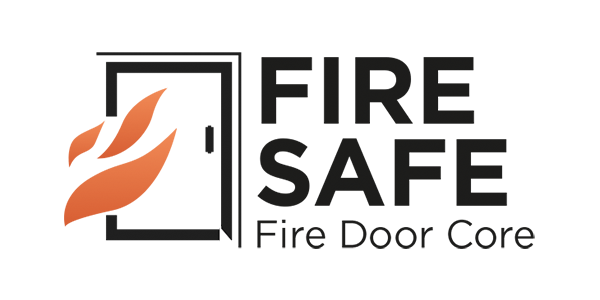The Right Materials for a Custom Fire Door

Installing the right fire doors in your buildings will be a significant part of your project’s success – and custom fire doors must consist of the right material if they are to provide you with the required level of fire protection.
But how do you know which material to select when creating your custom fire doors?
Fire Resistant Levels
One of the first things you’ll need to consider before deciding on a material for fire doors is what kind of fire resistant level you want your fire door sets to have (e.g. 1 hour doors, 3 hour doors). This will be key in determining what type of doors you choose and what type of material you want the door to consist of.
Custom Fire Door Materials
Fire doors can be made from any range of materials, such as wood, timber, steel, gypsum, MDF and even glass (or a combination). And there are multiple variations that are commonly available: sliding fire doors, hinged fire doors and double action fire doors. The internal ‘core’ component of the door can vary, as can the finishes the door will be available in.

The type of material you choose for your fire door will depend on several elements:
• The type of construction you are working on and the fire resistance level that the door needs to fulfil (see above)
• The size and thickness of your custom fire doors; while there may be some flexibility, you may find that certain doors/materials are only available (or certifiable) in certain sizes or thicknesses
• The purpose behind your fire door; if your building contains certain products that are prone to burning quickly (like paper, chemicals), you may want to choose a steel door with a high fire rating that will stop the fire from spreading to other areas fast
• The aesthetic or design choices that are intrinsic to your construction; some builds may be purely functional, but others may involve specific aesthetic design choices, so this may also affect the type of material or finish you choose (for instance, a residential client may want their custom fire doors to be wood or glass, but not steel)
• The strength and long term durability that will be required and what impact that has on the decision of what type or brand of fire door you choose. The internal construction, weight and overall performance of the fire door need to be taken into account.
Good doors will often contain a versatile, vermiculite-based, homogenous core that is tested to Australian standards and guaranteed to provide the desired level of fire protection.
Our firedoors were created in response to the more difficult fire doors of the 1980s and prior, which were heavy to handle and usually contained harmful materials, like asbestos.
One of the biggest benefits about our fire doors and sets is that they can be applied to variety of finishes, such as timber veneers, plywood, MDF, panels, steel and even stainless steel.
This means they can blend seamlessly with the design of your building, while still upholding their protective function.
If you are struggling to select a specific type of material for your fire doors, our doors may provide a feasible and appealing solution.
Further Questions to Ask When Choosing Your Fire Doors:
• Are my custom fire doors for residential, commercial or industrial protection?
• What sort of fire resistant levels do I want my doors/building to have?
• What type of material is best going to help me achieve my desired resistance? What exactly do I want to prevent?
• Are there any aesthetic or design choices I need to consider when choosing the material for each fire door? Does the client have any specific preferences?
• Who will I purchase my custom fire doors from? Can they produce the material I want and are they a reliable and certified manufacturer?
• Will my custom fire doors meet Australian Building Code specifications and qualify for certification?
Have a fire door related enquiry? We’re happy to help. Contact Fire Safe Doors at [email protected] or call (02) 9070 0732, and we’ll work through a plan for your needs.
